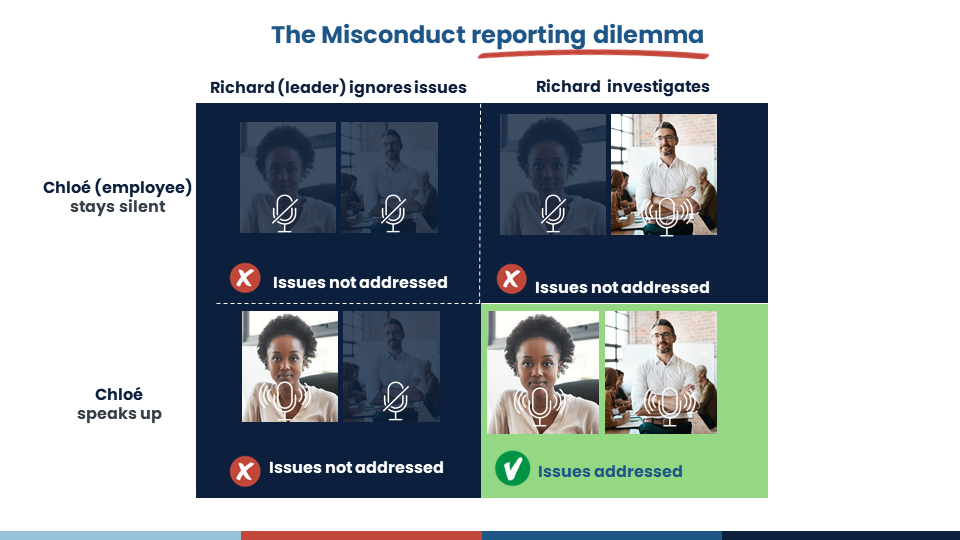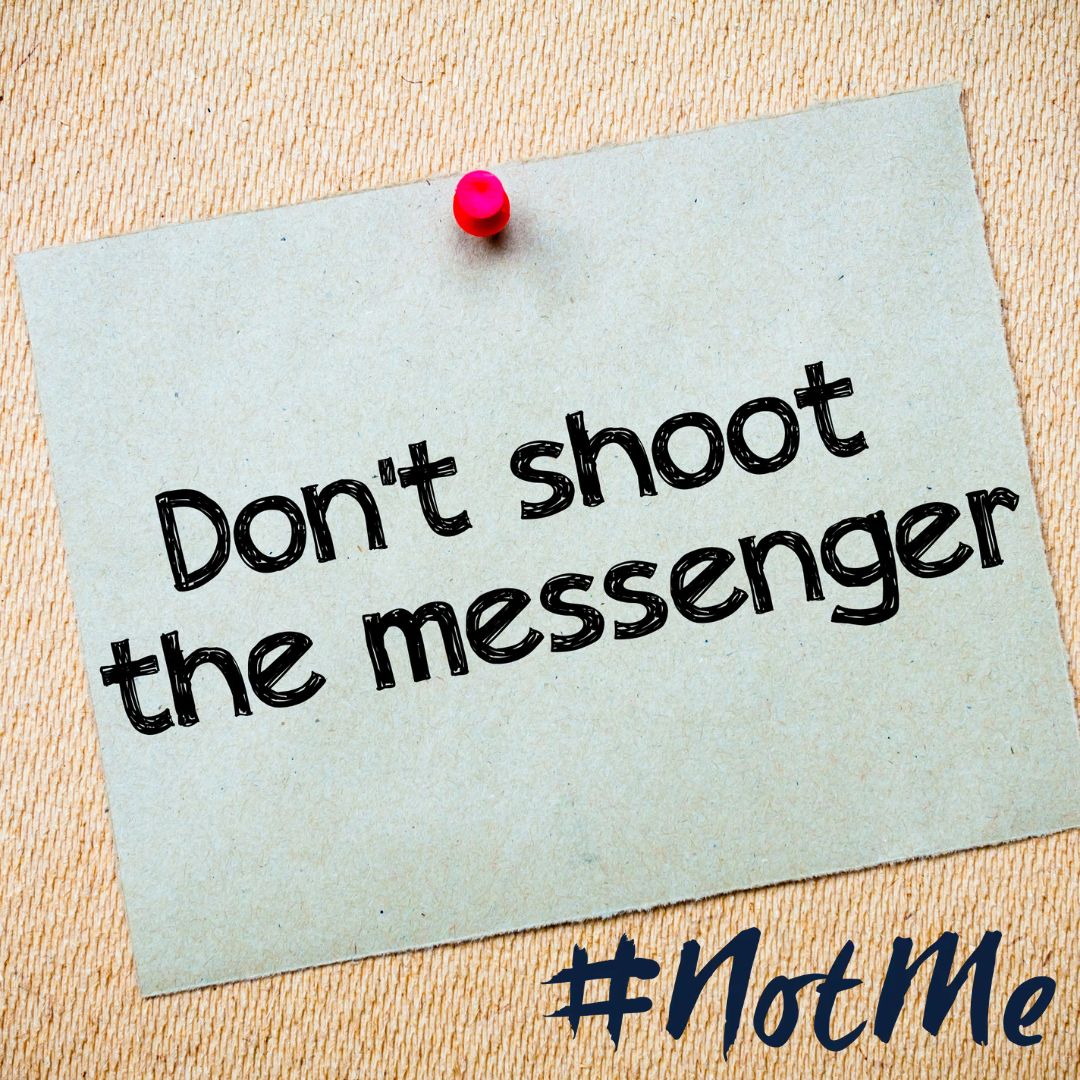In obvious ways, there’s no question that the world we live in today has a more enlightened attitude toward the type of conduct people should expect from one another. In the workplace, at school, and in public venues, sexual harassment, discrimination, bullying, fraud, and corruption are uniformly condemned. Organizations declare their support for high ethical standards, and regulations in jurisdictions around the world have enacted increasing protections for whistleblowers and incentives for companies to root out misconduct.
So why is misconduct still so prevalent? And why do so many organizations end up dealing with costly clean-up of issues that could have been prevented?
Sadly, regardless of the standards that any organization holds itself to, there will always be bad actors who attempt to take advantage of a position of authority or access to get away with conduct that should not be tolerated or may be illegal. But the way misconduct reporting and investigation are frequently handled give issues time and room to grow because they turn the parties who should be natural allies into wary adversaries.
“Never Trust HR”: Why Employees Stay Silent
Looking at the type of laws that have been enacted to presumably encourage those with knowledge of misconduct to come forward provides valuable clues to why they don’t. In general, whistleblower regulations prohibit retaliation against the person coming forward. The EU Whistleblower Directive also establishes minimum standards for reporting channels and follow-up on such reports. What does that tell us? Retaliation is a widespread problem. Safe means of reporting aren’t always readily available. And there is no guarantee that reporting will accomplish anything.
In fact, it is generally accepted wisdom that employees with complaints about misconduct shouldn’t trust human resources, and if they do choose to come forward, they shouldn’t expect to be thanked for it. (This isn’t limited to HR—according to a Harvard Business Review survey, nearly half of respondents didn’t feel safe confiding in their manager either.) The perception is that an organization’s response will be aimed at silencing complaints to minimize embarrassment and, presumably, legal liability. Unfortunately, that perception has been supported often enough by real-life examples that it has a chilling effect on reporting.
That same feeling trickles into other settings where those who have knowledge of misconduct are given the choice to speak up or remain silent. Students at school. Concertgoers at a nightclub. Patrons at a bar. If they’re treated as the problem instead of the first half of a solution, organizations lose an invaluable opportunity to remediate the real issue.
Overcoming the Instinct to Ignore or Cover Up: Where Organizations Go Wrong
Laws aimed at encouraging corporations to disclose criminal misconduct take a catching-flies-with-honey approach—if you come forward voluntarily and cooperate with an investigation, you won’t be punished. Again, that shows the natural behavior of organizations that discover evidence of misconduct is to try to hide it. Minimize the issue. Avoid bad publicity. Shuffle suspected wrongdoers into different positions to separate them from reporters rather than taking actions that might draw attention and be awkward to explain.
Is this all companies? Of course not, especially given how obvious it is that this approach simply doesn’t work. Think of high-profile cases like McDonald’s in the US and the UK. Michigan State University and USA Gymnastics. Rather than reducing liability, ignoring misconduct gives offenders the opportunity to create larger problems that become more difficult, expensive, and embarrassing to deal with. But even organizations that say they’re committed to investigating and openly dealing with misconduct underestimate the trust gap they’re working against—and may not realize what they’re not hearing about until the damage is done.
Changing the Dynamic
Is it possible to change this dynamic? Yes. Reporters and organizations can—and should—work together to prevent isolated incidents of misconduct from turning into patterns of misbehavior. NotMe Solutions facilitates this critical partnership by giving each side the tools they need to turn knowledge into action. The #NotMe app allows potential whistleblowers to submit detailed reports in full anonymity and provide follow-up information as investigation progresses. Our escrow whistleblowing platform means their information is never shared with the organization unless they choose to come forward, building trust. The case management dashboard enables the organization to investigate efficiently and transparently, further strengthening that trust and demonstrating that reports won’t just get buried.
You may think you’ve built a culture of trust and respect in your organization, but you won’t know for sure until an incident of misconduct arises. How you find out about it will tell you all you need to know. Will it be in an internal report that gives you all the information you need to address the problem? Or will it be in a lawsuit or breaking news story?
The time to adopt a modern reporting and case management solution isn’t after you have a problem—it’s now. To learn more about how NotMe Solutions can help change your company culture to make it truly possible to prevent the costly liability and reputational damage caused by misconduct, contact us here today.












